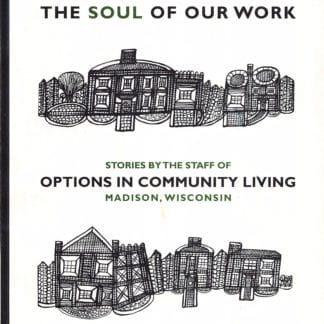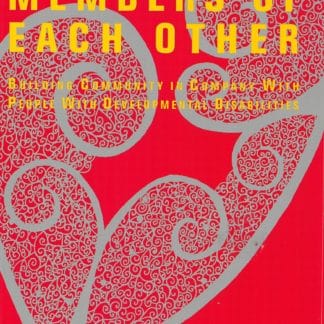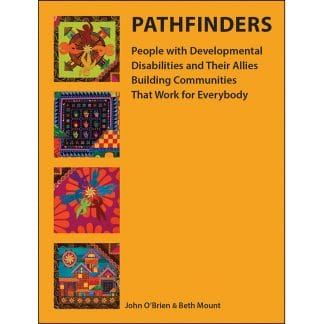Focus on Vermont’s Self-Determination Project
John O’Brien
Sept. 2015..British Members of Parliament Briefing
Assisting people to live with dignity and meaning is the ultimate purpose of social care. To serve this purpose, the experiences of Camphill and l’Arche can make important contributions to a critical question for policy and practice: how to assist and safeguard people without in- hibiting them from living a real and meaningful life. Making the best of these two communities evolving responses to this question requires humility enough among policy makers and com- missioners to recognize the limits of the whole social care field’s current answers.
I have not chosen life as a member of either of these small but deeply important social move- ments for myself, and I know many people with learning disabilities and families who would not make the choice either, but I am deeply grateful to those who have. They intentionally strive to live together in a way that embodies values that deserve to thrive in an open society.
Camphill and l’Arche are each founded on a different, distinctive understanding of human de- velopment, a thoughtfully developed sense of the significant contribution that people with learning disabilities can make to society, and the central importance of mutual relationships founded on respect for the dignity of the person as the foundation for realizing that contribu- tion. Not everyone will agree with these ways of understanding, often because they draw ex- plicitly from spiritual traditions and encourage spiritual development, but I know of no legiti- mate reason for rejecting them.
Both traditions are founded on shared-life households and both place great value on hospitali- ty. Their boundaries may be distinct, but, at their best, they are open and each has proud tradi- tions of welcome for strangers and engagement with neighbors. Those who offer assistance and those who receive it strive for a relationship more personal than that of staff member and client. The importance of mutuality influences the economics of the household: offering as- sistance is not understood as a typical job for pay.



